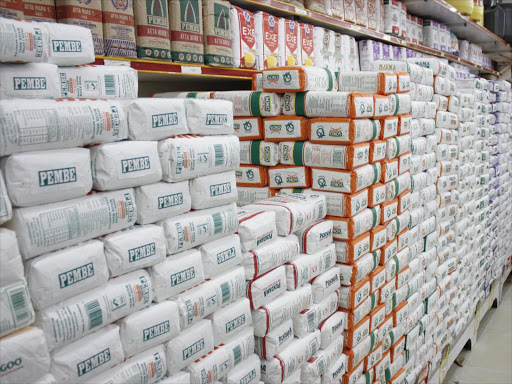Since the Somalia market reopened, Kenya has exported miraa (khat) worth Sh221 million in just four days, demonstrating the important role the product is playing in the country’s economy.
Since the market opened last weekend, according to Felix Mutwiri, head of Miraa Pyrethrum and other Industrial Crops, the nation has shipped 81.4 tonnes of the stimulant to Mogadishu.

Even though more traders are requesting authorization to obtain the licenses, Mr. Mutwiri claimed that 19 of the 22 businessmen who had applied for export permits had been approved.
“We have so far exported 81.4 tonnes in the last four days and we expect the volumes to grow in the next coming days as more people are cleared to ship out the commodity,” Mr Mutwiri noted.
Following their approval under the new laws, miraa traders received export licenses from the directorate last week.
A term of up to three years in prison or a fine of up to Sh5 million may be imposed on anyone found to be exporting miraa without registration and authorization.
A kilo of miraa is currently selling for $23 (Sh2,734) in Somalia, which is still less expensive than the $25 (Sh2,972) it cost prior to the market being shut down.
Ethiopia, which has been providing the market with miraa since Nairobi was banned out, is competing with Kenya at the market.
According to Kimathi Munjuri, chairman of Nyambene Miraa Trade Association (Nyamita), there is adequate crop on the fields to supply the market.
“We have a lot of miraa right now in the farmers and we can meet the market demand in Somalia,” said Mr Munjuri.
Since Khartoum barred shipment of the drug as a result of a diplomatic dispute between the two nations, traders have relied on the local market.
To save farmers who depend on the crop as their primary source of income, Kenya decided to look for a new market in Djibouti.
The majority of Djibouti’s khat supply comes from Ethiopia, although there is a significant shortage of the stimulant because Addis Abeba cannot provide all of Djibouti’s needs.
The directorate claimed that despite the return of shipments to the Somalia market, they are still aiming for the European nations that banned the crop in 2014 after it was designated as a drug.





